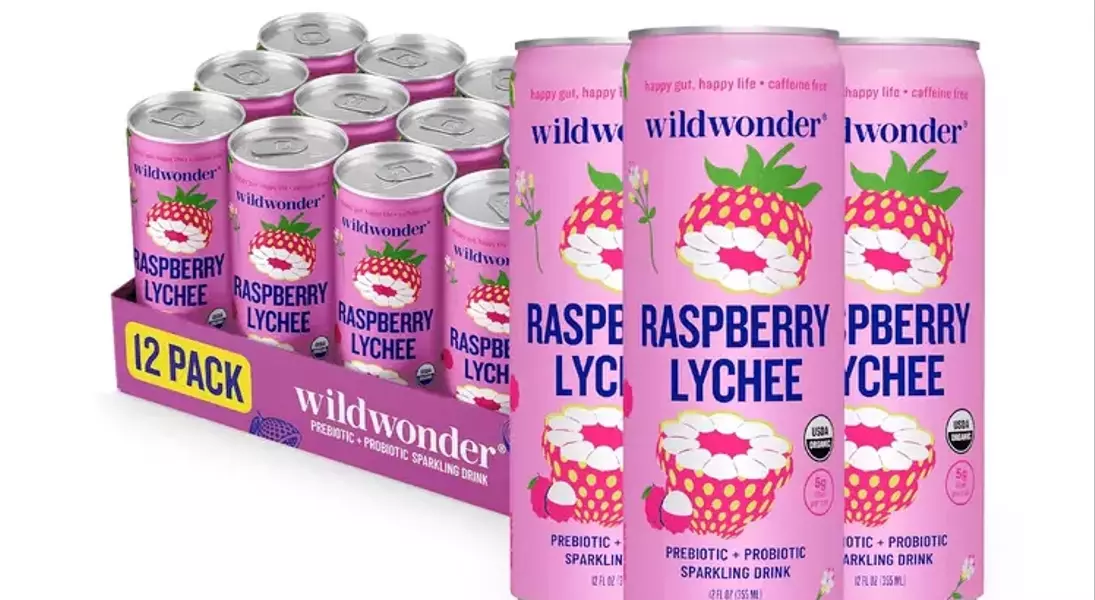
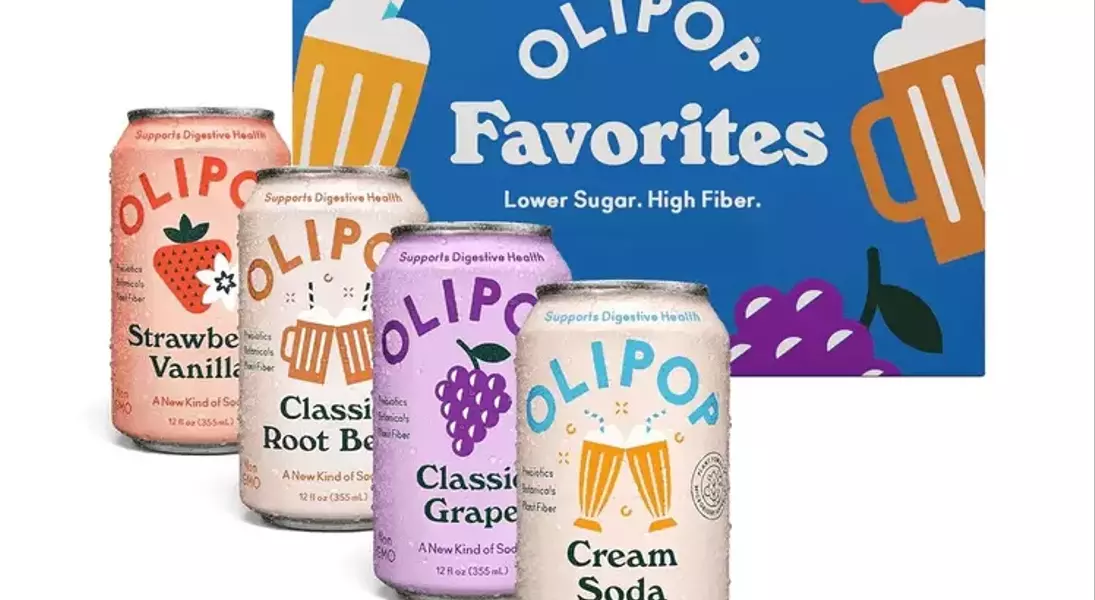
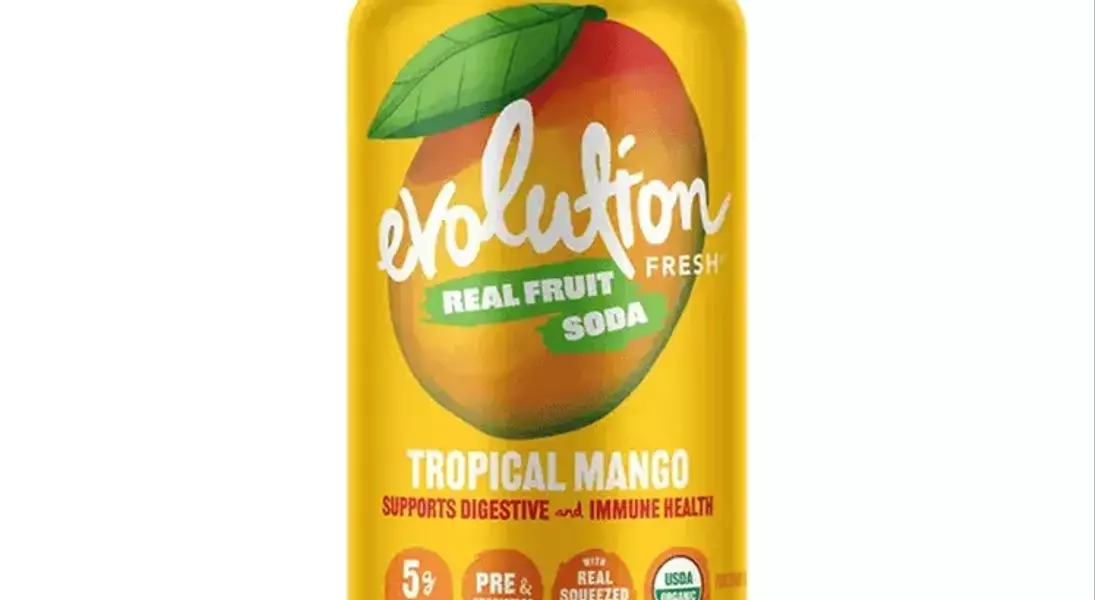
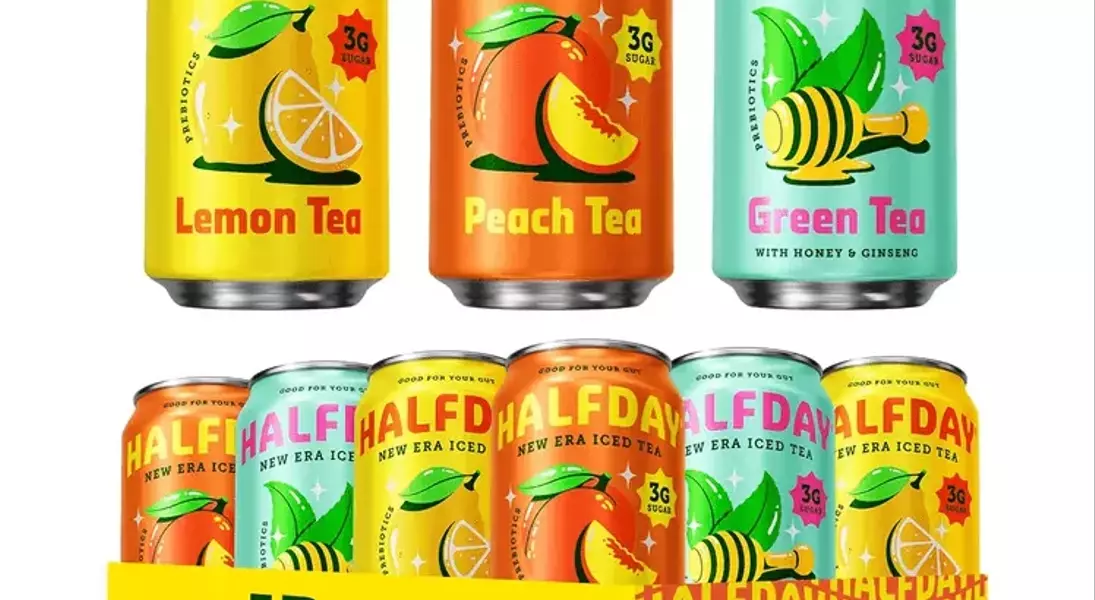
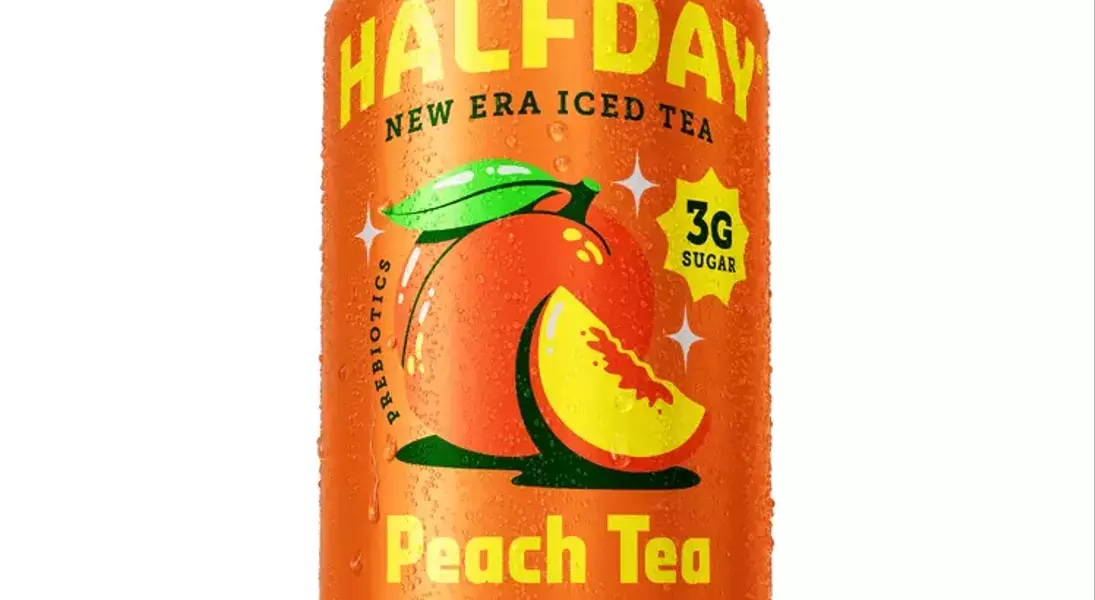
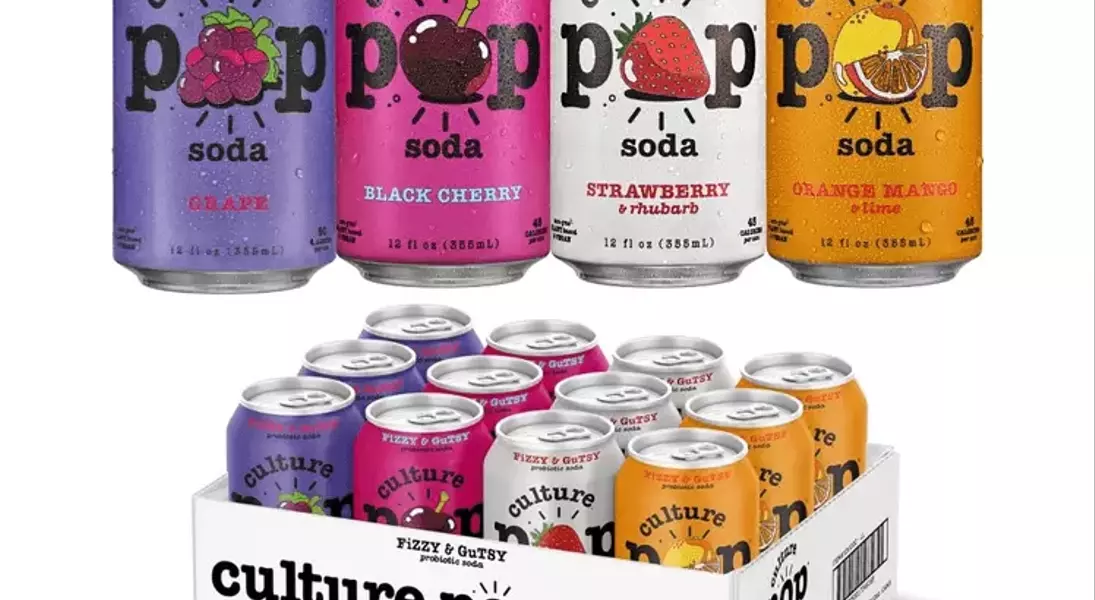
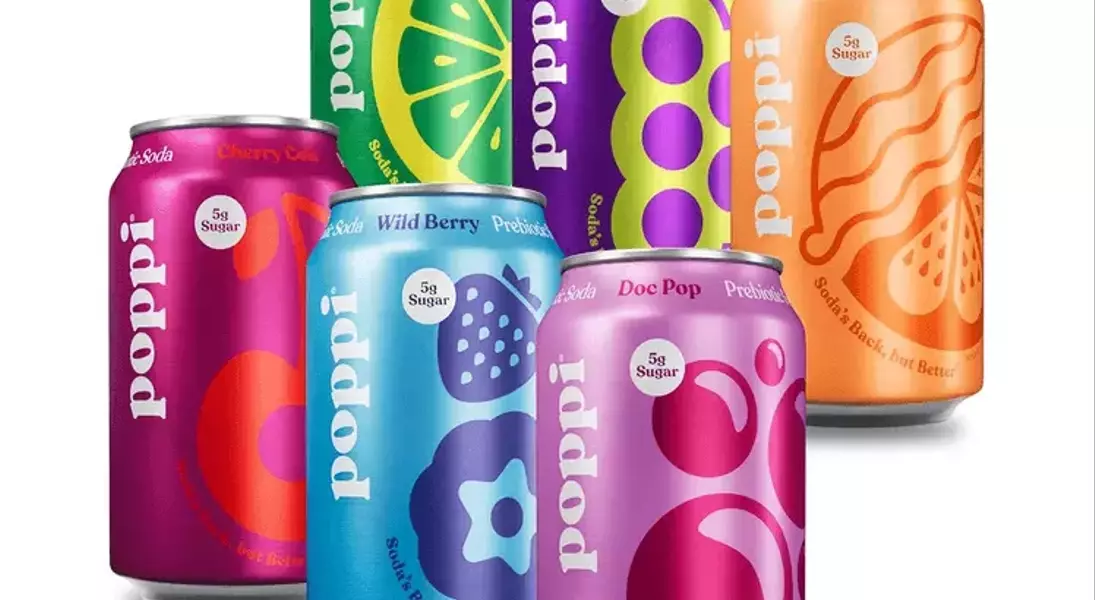
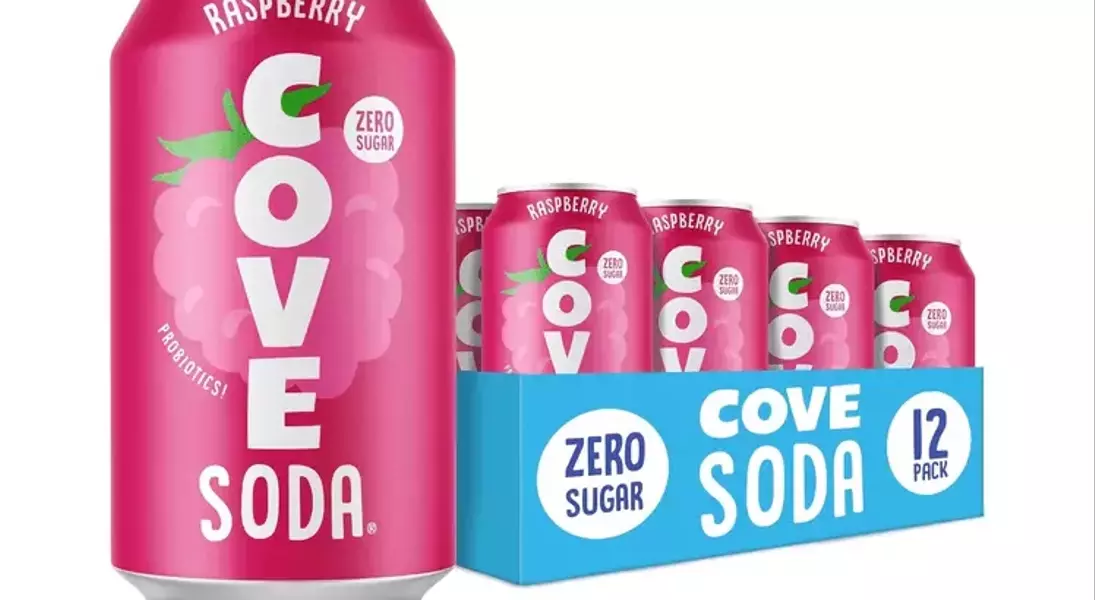


The supermarket beverage aisle has undergone a significant transformation, moving beyond just water and conventional sodas. Today, a growing array of “gut-friendly” drinks, fortified with prebiotics, probiotics, or both, are vying for consumer attention. These innovative alternatives to classic fizzy drinks promise to support digestive well-being. This article delves into a detailed examination of several prominent brands in this burgeoning category, offering insights into their flavor profiles, nutritional components, and their purported benefits for intestinal flora, drawing on both personal tasting experiences and professional dietary advice.
Understanding the distinction between prebiotics and probiotics is fundamental when evaluating these modern concoctions. While both are celebrated for their positive impact on gut health, their mechanisms differ. Probiotics introduce beneficial microorganisms directly into the digestive system. In contrast, prebiotics act as nourishment for these advantageous bacteria, helping them flourish and multiply. It's important to note that while fiber is often associated with prebiotics, only a specific subset of dietary fibers actually qualifies as such, playing a crucial role in fostering a healthy gut environment.
Among the leading names in prebiotic sodas, Olipop stands out. Renowned for its diverse range of flavors—from classic soda profiles to vibrant fruit combinations—Olipop offers a substantial nine grams of prebiotic fiber per can. This impressive fiber content, primarily sourced from a blend of natural ingredients, positions it as a strong contender for those seeking a health-conscious soda substitute. While its high fiber count is a significant advantage, consumers sensitive to certain types of fiber, like inulin, should be mindful of potential digestive discomfort. Despite this, its broad appeal and delicious taste make it a top choice for many.
For consumers preferring a more fruit-centric experience, Evolution Fresh presents an appealing option. Launched in 2024, their line of prebiotic sodas features authentic squeezed fruit, no added sugars, and five grams of acacia fiber per serving. This particular fiber source is less likely to cause gastrointestinal issues compared to others. The Tropical Mango flavor, a delightful blend of apple, lemon, passion fruit, and mango puree, offers a natural and refreshing taste without any artificial aftertaste, making it a compelling choice for those with a penchant for fruity beverages and organic products.
Beyond carbonated drinks, Halfday Iced Tea provides an excellent uncarbonated alternative for boosting prebiotic intake. Offering seven distinct flavors, each containing six grams of added prebiotic fiber, Halfday caters to individuals who enjoy sweetened iced tea but seek digestive benefits. Crafted with real brewed tea, fruit juice powders, and sea salt, these teas provide a balanced sweetness and a pleasant taste. This option is particularly beneficial for those who struggle with carbonated drinks, offering a convenient way to integrate prebiotics into their daily routine.
Turning to probiotic sodas, Culture Pop distinguishes itself with its focus on real fruit juice and sparkling water. Founded by a co-founder of Nantucket Nectars, the brand's offerings are subtly sweet, devoid of artificial aftertastes, and contain a clinically tested probiotic strain, Bacillus Subtilis DE11. This strain is known for its robust survival in the digestive tract, making Culture Pop a valuable addition for individuals looking to enhance their probiotic consumption through a refreshing drink, especially those who prefer less sweetness in their beverages.
The evaluation process for these gut-healthy beverages involved extensive taste testing, with a primary focus on flavor quality. Beyond taste, the content of prebiotics and probiotics, alongside the variety of available flavors, were key criteria. The aim was to identify products that not only tasted great but also delivered on their health claims, ensuring a comprehensive assessment for consumers.
Other notable brands in the market include Poppi, a widely recognized prebiotic soda brand, offering various flavors that appeal to traditional soft drink enthusiasts. While containing a lower fiber amount compared to some competitors, Poppi serves as a good transition for those moving from diet sodas. Cove, another probiotic soda, closely mimics classic soda flavors, providing a similar taste experience while incorporating beneficial probiotics. Lastly, Wildwonder stands out for combining both prebiotics and probiotics in its unique, lightly sweetened, fruit-forward beverages, appealing to those who prefer a less sweet, flavored seltzer-like drink.
Ultimately, while these gut-friendly beverages offer a healthier alternative to conventional sodas, they should be viewed as supplements to a balanced diet rich in fibrous foods and naturally probiotic-rich items like yogurt or kimchi. Experts recommend choosing products with at least five grams of fiber for prebiotic benefits and a minimum of one billion CFUs of probiotics for a measurable effect. Consumers should also be aware of potential digestive sensitivities to certain ingredients, such as inulin or artificial sweeteners, and always prioritize products that clearly list the specific strains of probiotics for transparency and efficacy.
